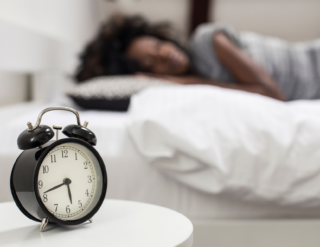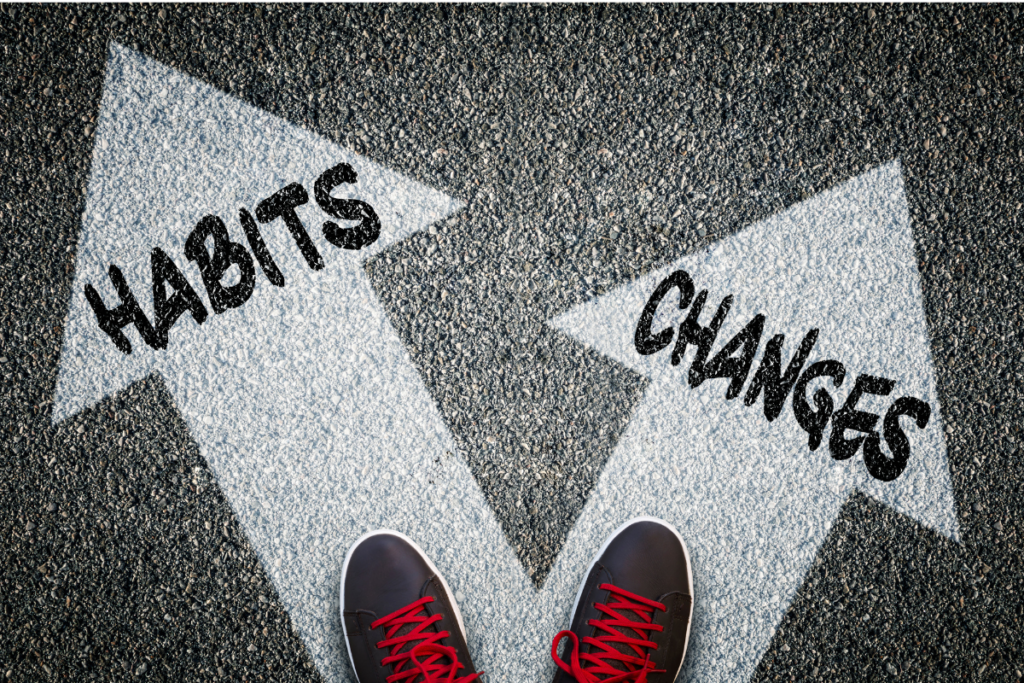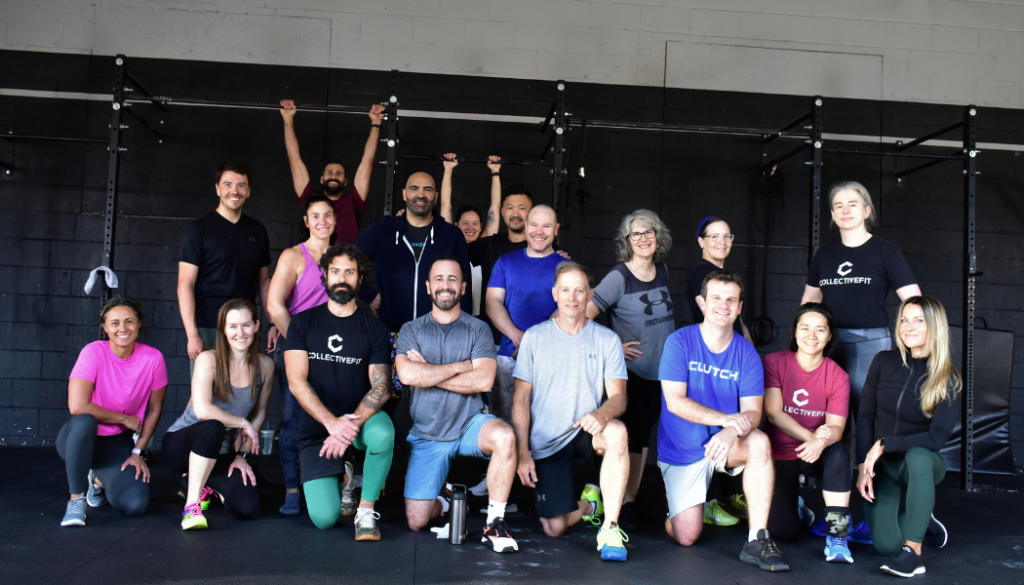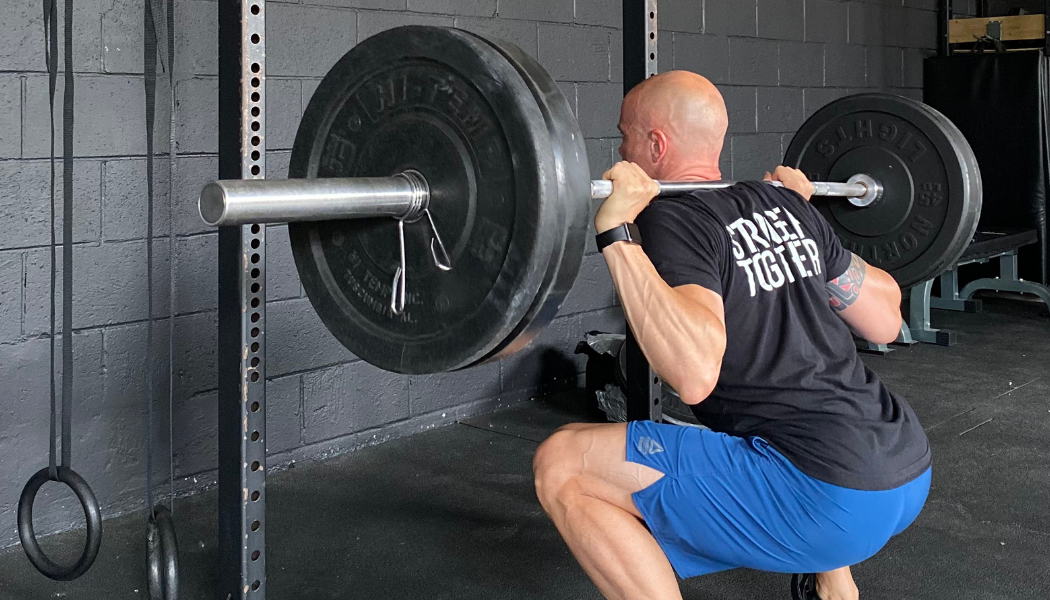Recovery Month

Regardless of what your specific fitness goal may be, proper recovery is something you simply can’t ignore. Whether you want to put on lean muscle, burn fat, or improve your athletic performance, you need to be thinking about recovery.
Remember, exercise isn’t actually what makes you stronger or fitter. Exercise is the stressor that provides the opportunity for these adaptations to happen, but the adaptations themselves actually occur during the time in between workouts when your body is RECOVERING.
No matter how hard you’re working towards your goals, if you aren’t prioritizing recovery, you’re cutting yourself short. Don’t let all your hard work go to waste. Let’s learn how to recover better this month so that we can hit the ground running to kick off the second half of 2022 and make some real progress towards our health and fitness goals.
SNOOZE OR LOSE!
We’re kicking things off this month with sleep because it’s probably the most important thing when it comes to optimizing your recovery.
We all know that sleep matters, yet many people don’t appreciate just how important it really is.
Sleep experts have gone as far as to say that “sleep is probably the greatest legal performance-enhancing drug that few are abusing enough.”
Want to put on some lean muscle? You have to sleep. Want to shed some excess fat? You need to sleep.
Take this interesting 2010 study as an example. In this study, participants were split into two groups. One group was prescribed 8.5 hours of sleep per night, while the other group was limited to just 5.5 hours of sleep. Both groups were put on a regulated diet to control for the caloric deficit they were on.
The results? Well, both groups lost the same amount of weight, which makes sense since both groups were consuming the same diet. But here is the interesting part — the sleep-deprived group lost 60% more muscle mass and 55% less fat than the group that got adequate sleep.
Those are huge differences when it comes to seeing favourable changes in how you look in the mirror. Anyone looking to improve their body composition wants to burn fat but maintain muscle, not the other way around!
And that’s just one of the many studies showing just how much of an impact sleep can have on your health and fitness goals.
ONE THING TO TRY THIS WEEK
So how much sleep is ideal? 7-9 hours is the sweet spot, with 7 hours being an absolute minimum if you’re looking to optimize your recovery.
But the sleep discussion doesn’t end with simply how many hours you spend in bed; quality of sleep matters just as much as quantity. So, this week, your goal is to get at least 7 hours of sleep while also working on making those hours count!
How can you do that? Here’s one thing you can commit to trying this week:
Avoid all blue light at least an hour before bedtime. That means no scrolling in bed or late-night emails. An hour is not that long. Bring a book into bed, try some journaling, and invest in an alarm clock so that your phone can live outside the bedroom (where it belongs).
ONE THING TO DO THIS WEEK
We can all benefit from this valuable information, so forward this post to a friend so that they can dial in their recovery alongside you this month. Book a free intro call with us to see how we can help HERE.
C’mon, give us a share!
The post Recovery Month appeared first on CollectiveFit.
More Posts





